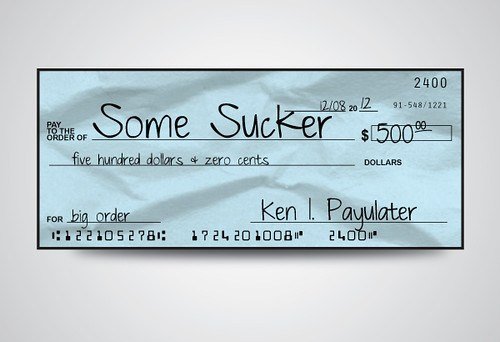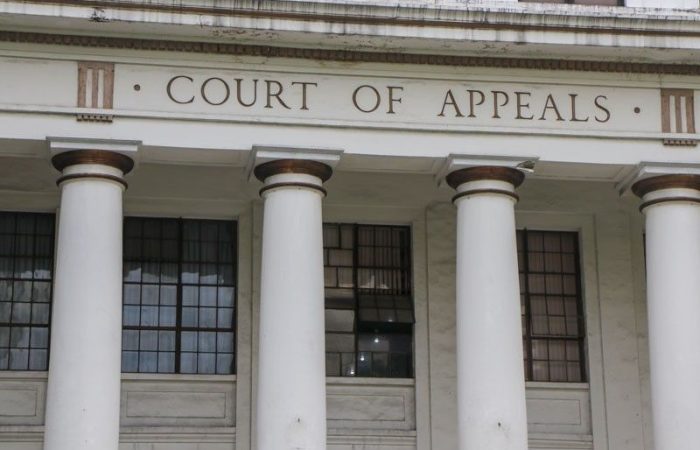By Andrew J. Salinas
Imagine this: you’re a contractor in D.C. who just accepted a major home improvement project. You spend days collecting the necessary materials and doing backbreaking work so you can do the best job you can. You drive away with the final check and take it to the bank. You walk in, expecting to get paid for the last few long days of your labor you’re shocked when the teller tells you the check bounced. Now you have to explain to your workers that they won’t get paid
Or, you’re a young person in the District of Columbia working odd jobs off Craigslist. You just cleaned out a person’s apartment, walked their dog, or mowed their lawn. They thank you for the work and hand you a check. You deposit it through your banking app and go about your day. A few days later you’re surprised when the bank notifies you that the check was bad and now you’re short on the cash you needed for rent this month.
What can you do to recover the money from the bounced check?
D.C. limits bad check recovery to “merchants” or people who do or would “sell, lease, or transfer, either directly or indirectly, consumer goods or services, or a person who does or would supply the goods or services which are or would be the subject matter of a trade practice.”[1] In other words, you can receive the amount on face of the check as long as it was for the payment of goods or services. If that is the case, then the D.C. Code mandates that after the financial institution dishonors a bad check, you send a written letter[2] to the issuer demanding payment.[3] If after 30 days the issuer still hasn’t paid you, D.C. law entitles you to the face amount on the check and:
- Twice the amount of the check, or $100.00, whichever is greater;
- Costs; and
- Reasonable attorneys’ fees.[4]
Additionally, in D.C., it is a crime to write a bad check. The elements of this crime are outlined as follows:
- Any person within D.C. who;
- With intent to defraud;[5]
- Makes, draws, utters, or delivers;
- Any check, draft, order, or other instrument for the payment of money upon any bank or other depository; and
- Knowing at the time[6] of creating the aforementioned instruments that the maker or drawer does not have sufficient funds in or credit with such bank or other depository;
a. Is guilty of a felony if the check is worth $1,000.00 or more and could be fined up to $2,500.00 and/or be imprisoned for one to three years, or
b. Is guilty of a misdemeanor if the check is worth less than $1,000.00 and could be fined up to $1,000.00 and/or be imprisoned for up to 180 days.[7]
Essentially, you can report the bad check issuer to the D.C. United States Attorney’s Office to get them prosecuted.[8]
If you received a bad check and want to get what you’re owed, contact Steven Krieger, PLLC for a consultation.
***
[1] § 28-3151.
[2] Specifics according to § 28-3152(g).
[3] § 28-3152(b).
[4] § 28-3152(c).
[5] The bank or financial institution’s failure to honor a check 5 days after the check was issued is considered prima facie proof of intent to defraud.
[6] This includes false representation, knowledge of falsity, and intent to defraud. Ciullo v. United States, 325 F.2d 227, 117 U.S. App. D.C. 31, 1963 U.S. App. LEXIS 3861 (D.C. Cir. 1963)(interpreting the bad check statute’s previous codification of D.C. Code 1961, § 22-1410).
[7] D.C. Criminal Code §§ 22-1510; 22-3571.01.
[8] To report a complaint, visit the USAO’s website at https://www.justice.gov/usao-dc/contact.




